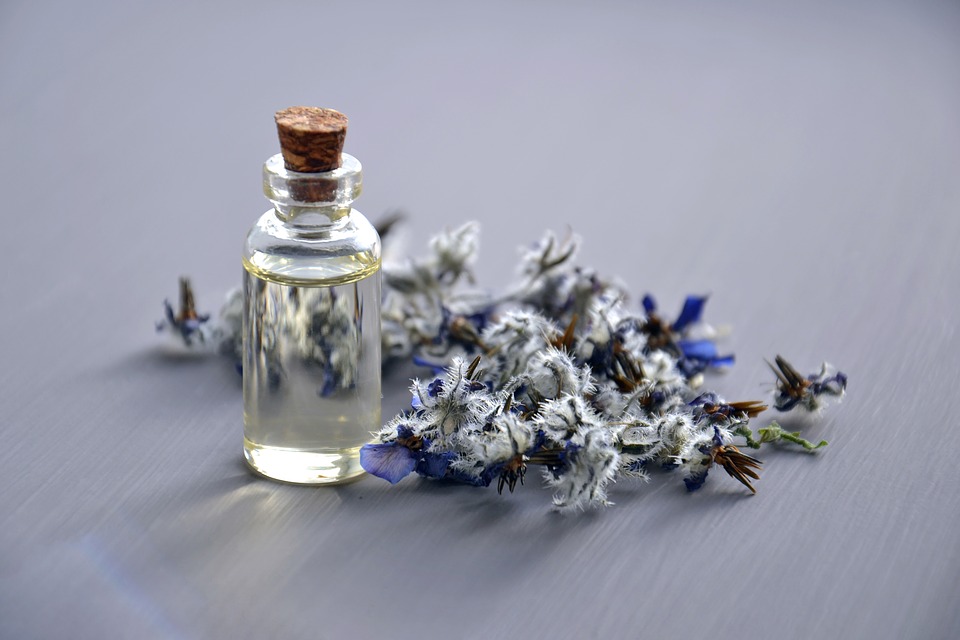Attar is a fragrance oil that is derived from natural botanical materials. It is popular for its all-natural composition and because it is free of alcohol, meaning it can be made according to halal principles. Attars have been used as personal fragrances for thousands of years and associated with luxury and wealth, as the traditional production processes are time-consuming.
Some attars use ingredients coveted for their beauty or rarity – an example is amber attar. Online stores are now a common way to purchase these traditional fragrances. Traditionally made attars are also well-regarded for their eco-friendly and sustainable production processes. As an increasingly wide range of industries and their consumers are moving towards more sustainable and eco-friendly practices, attars are gaining popularity. Attars also represent a close relationship to nature through the traditional production processes and their authentic botanical fragrances.
All-natural ingredients:
Being free of synthetic ingredients is at the foundation of sustainability, and attars are produced with exclusively natural ingredients. Botanical materials (plants, herbs, and spices) are processed through distillation or hot or cold-press methods to extract their oils. Synthetic products often used in producing perfumes can harm the environment – for example, many perfumes use petrochemically derived substances. Other synthetic ingredients may be harmful to perfume wearers and are often listed under generic names, meaning consumers are unaware of potentially harmful ingredients. Some ingredients of synthetic perfumes have been found to persist in aquatic environments, which could adversely affect marine biodiversity.
Ethical harvesting practices:
Most producers of attars pride themselves on ethical and sustainable harvesting practices that minimize their environmental impact. The raw materials used in the production of attar are harvested seasonally so as not to deplete natural stores. Harvesters are also conscious of protecting biodiversity and use minimally invasive methods. Many traditional producers of attars also commit themselves to ethical labor practices that honor and uplift local communities. While these principles are upheld by traditional attar manufacturers that tend to work on more minor scales, the large-scale production of attars does exist, and some companies may not abide by these ethical practices. Before choosing an attar company, it is advised to conduct research online. Attar shop owners can inform you of the origins of their products. The production of attar tends to have a much-reduced carbon footprint compared to mass-produced synthetic perfumes. Fewer (if any) harmful materials are released into the environment, and minimal waste is involved in the production process. Waste products are usually natural and biodegradable, making them safe to return to the environment.
Responsible sourcing:
Many attar producers are committed to sourcing their natural materials in a way that preserves biodiversity. This means looking for regions that can handle the harvesting of specific natural materials. Getting input from local communities is one way attar producers can ensure they respect the ecosystems from which they harvest their ingredients. An example of this is the harvesting of rose attar in regions such as Bulgaria and Turkey. These regions are the world's top producers of rose oil, and farmers are in tune with sustainable and eco-friendly cultivation practices. Maintaining the health of the soil without chemicals means that high-quality rose petals are produced while the local ecosystem is protected.
Involving and empowering local communities:
Many ingredients used in the production of attar are grown in rural farming areas, which are home to small local communities. While it is easy to purchase products from an online attar shop, for example, it is also essential that producers and consumers remain in touch with the harvesting practice and the communities it may affect. Many companies that produce attars commit themselves to working with local, small-scale farmers and artisans. It is essential that local communities are protected and that working partnerships do not take advantage of local producers or traditional production methods. Fair wages and fair distribution of industry benefits should be pretty negotiated when relationships are made between local community members and companies selling attar.
Conclusion
As consumers favor sustainable and eco-friendly products, the popularity of attars is likely to rise. By purchasing an all-natural product and choosing companies that embrace ethical harvesting practices, consumers can contribute to a healthier environment. Attars are available from boutique shops and department stores, and customers can even find their signature fragrance, whether it is rose or amber attar, online.





Comments